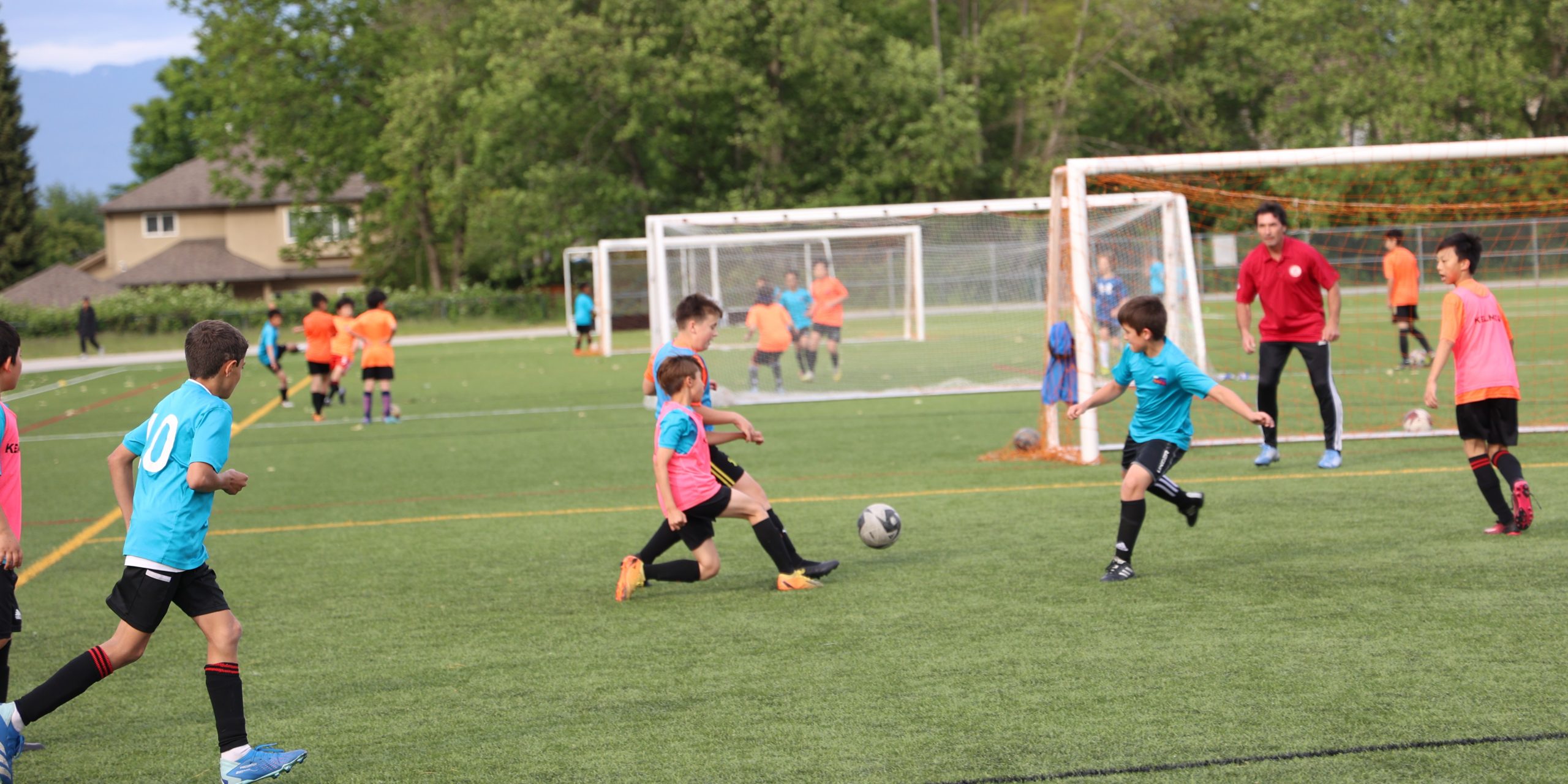Understanding the Role of Practice in Youth Soccer
Soccer Training: The Foundation of Skill Development Practice sessions are fundamental for skill acquisition and improvement in soccer. Regular, focused training helps young players enhance their technical skills, understand game tactics, and build physical endurance.
Balancing Soccer with Growth and Development While practice is essential, it’s also necessary to balance soccer with the overall growth and social development of children. Excessive training can lead to burnout and injury, making it vital to adopt an age-appropriate training regimen.
Age-Specific Training Recommendations
Under 6 Years: Introduction to Soccer For the youngest players, the focus should be on fun, basic motor skills, and an introduction to the ball. Training sessions should be short, about 30-45 minutes, 1-2 times per week.
Ages 7 to 9: Building Basic Skills As children grow, they can handle slightly longer sessions of about 1 hour, 2-3 times per week. The emphasis remains on fun but begins to incorporate more structured skill development.
Ages 10 to 12: Enhancing Technical Skills Players in this age group can benefit from 3 sessions per week, each lasting 1.5 hours. Training should include technical skills, basic tactical understanding, and beginning physical conditioning.
Ages 13 to 14: Transition to Advanced Play Training frequency and intensity can increase, with sessions lasting up to 2 hours for 3-4 times a week. Focus shifts to advanced technical and tactical skills and improved physical conditioning.
Ages 15 and Up: Preparing for Competitive Play Older teenagers can handle more intense and frequent training—up to 4-5 times per week with sessions lasting 2 hours. Training at this stage is highly focused on refining skills, advanced tactics, and peak physical conditioning.
Studies on Optimal Training Loads
Research Insights Studies indicate that the quality of training is more crucial than the quantity. Overtraining can lead to injuries and decrease motivation. It’s recommended that training loads be increased gradually as the player’s age and skill level advance.
Tailoring Training to Individual Needs It’s also vital to consider the individual needs of each player, as children develop at different rates. Personalized training plans can help in addressing the specific strengths and weaknesses of each player.
Local Soccer Clubs and Academies
Soccer in Burnaby, New Westminster, and Coquitlam Local soccer clubs and academies offer various programs tailored to different age groups, providing age-appropriate training that aligns with the developmental needs of young athletes.
SEFA Soccer Academy
Overview of SEFA Soccer Academy SEFA Soccer Academy with training locations in Coquitlam and New Westminster is renowned for its comprehensive training programs designed to nurture young talent. SEFA focuses on developing technical skills, tactical awareness, and physical conditioning while ensuring a fun and supportive environment.
Training Philosophy The academy believes in a balanced approach to training, emphasizing both the importance of quality practice and the necessity of rest and recovery. Their programs are structured to match the developmental stages of youth players, ensuring each child receives age-appropriate training.
Programs and Training Schedules SEFA Soccer Academy offers a variety of programs catering to different age groups and skill levels:
- Mini Stars (Ages 4-6): Introduction to soccer with fun-based activities, 1-2 sessions per week.
- Junior Development (Ages 7-9): Basic skills development, 2-3 sessions per week.
- Intermediate Skills (Ages 10-12): Enhanced technical and tactical training, 3 sessions per week.
- Advanced Training (Ages 13-14): Intensive training with a focus on competition, 3-4 sessions per week.
- Elite Program (Ages 15+): High-performance training for competitive play, 4-5 sessions per week.
Community Involvement and Values SEFA also emphasizes community involvement and the development of life skills such as teamwork, leadership, and sportsmanship. They aim to create a positive environment where young athletes can thrive both on and off the field.
Conclusion: Finding the Right Balance
The key to successful soccer training for youth lies in finding the right balance between practice time and rest, ensuring that young athletes remain engaged, enjoy the sport, and develop holistically. Coaches and parents should work together to monitor the well-being of players and adjust training loads as needed.
FAQs About Youth Soccer Training
How often should children under 10 practice soccer? Children under 10 should practice about 1 to 1.5 hours, 2-3 times per week, focusing on fun and basic skills development.
Is it beneficial for youth soccer players to train every day? No, daily training for youth soccer players is not recommended as it can lead to burnout and injury. Adequate rest days are essential for recovery and long-term development.
What should be the focus of soccer training sessions for teenagers? For teenagers, the focus should shift towards refining technical skills, tactical understanding, and physical conditioning to prepare for higher levels of competition.
Can excessive soccer training affect a child’s academic performance? Yes, excessive training can impact a child’s energy levels and concentration, potentially affecting academic performance. It’s important to maintain a healthy balance between sports and academics.
How can parents ensure their child is not overtraining? Parents should watch for signs of fatigue, disinterest, or recurring injuries, which can all be indicators of overtraining. Regular communication with coaches can help in adjusting training loads appropriately.
What makes SEFA Soccer Academy stand out? SEFA Soccer Academy stands out due to its holistic approach to training, focusing on both skill development and the overall well-being of its players. Their structured programs and emphasis on community values ensure a supportive environment for young athletes.


